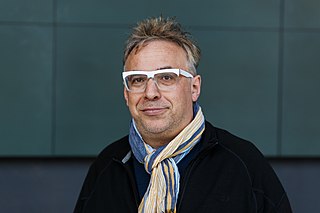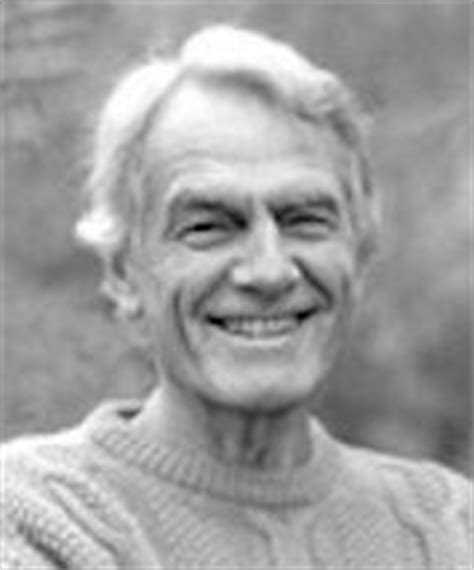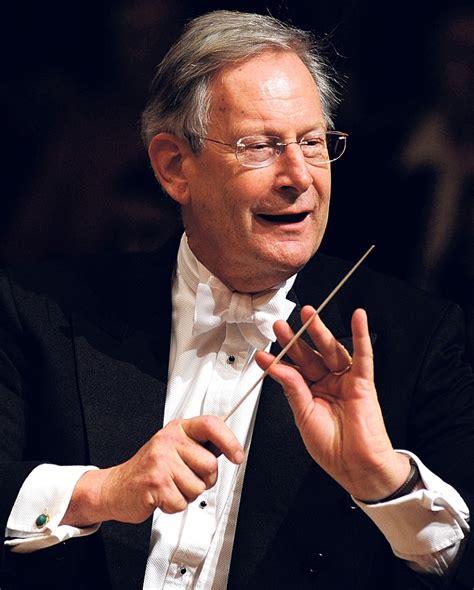A Quote by Susan Sontag
The camera makes everyone a tourist in other people's reality, and eventually in one's own.
Related Quotes
The camera has a mind of its own--its own point of view. Then the human bearer of time stumbles into the camera's gaze--the camera's domain of pristine space hitherto untraversed is now contaminated by human temporality. Intrusion occurs, but the camera remains transfixed by its object. It doesn't care. The camera has no human fears.
Everyone alive has suffered. It is the wisdom gained from our wounds and from our own experiences of suffering that makes us able to heal. Becoming expert has turned out to be less important than remembering and trusting the wholeness in myself and everyone else. Expertise cures, but wounded people can best be healed by other wounded people. Only other wounded people can understand what is needed, for the healing of suffering is compassion, not expertise.
... what is faked [by the computerization of image-making], of course, is not reality, but photographic reality, reality as seen by the camera lens. In other words, what computer graphics have (almost) achieved is not realism, but rather only photorealism - the ability to fake not our perceptual and bodily experience of reality but only its photographic image.
I don't want to fool people. If I wanted to do that, I would be working with virtual reality. I want to operate on the other level, the other end of the illusion spectrum. I want to create the worst possible illusions so it doesn't really fool people, but instead give people a measure of their own belief. It makes them aware of how much they need to be fooled in order to understand the world around them.
We're all looking from the point of view of our own reality tunnels. And when we begin to realize that we're all looking from the point of view of our own reality tunnels, we find that it is much easier to understand where other people are coming from. All the ones who don't have the same reality tunnel as us do not seem ignorant, or deliberately perverse, or lying, or hypnotized by some mad ideology, they just have a different reality tunnel. And every reality tunnel might tell us something interesting about our world, if we're willing to listen.



































